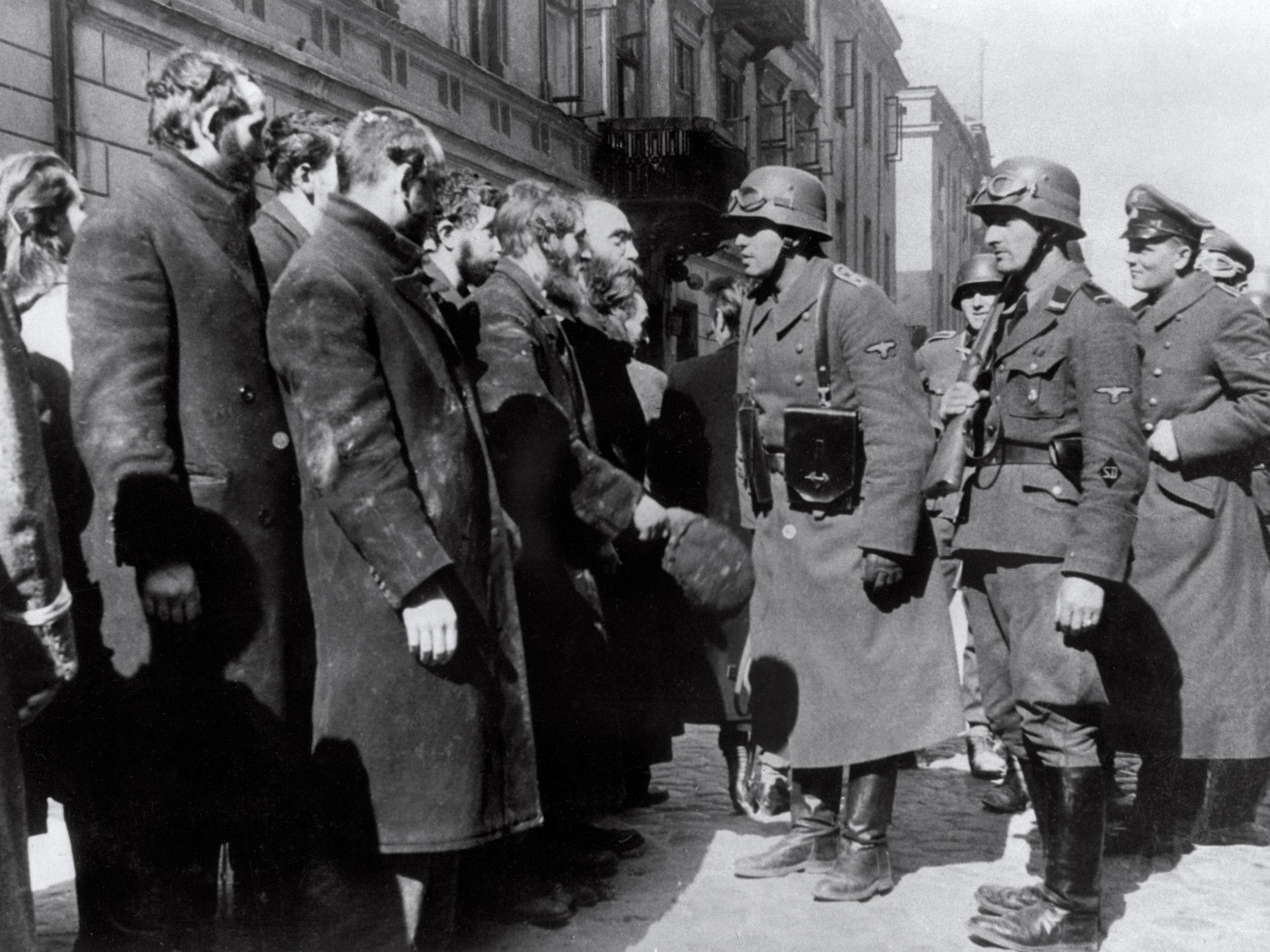Black Ribbon Day 2017: EU crucial to halting continent's slide into totalitarianism, European Parliament group leader warns
EU is key to preventing rise of authoritarian regimes, says leading MEP Guy Verhofstadt

Your support helps us to tell the story
From reproductive rights to climate change to Big Tech, The Independent is on the ground when the story is developing. Whether it's investigating the financials of Elon Musk's pro-Trump PAC or producing our latest documentary, 'The A Word', which shines a light on the American women fighting for reproductive rights, we know how important it is to parse out the facts from the messaging.
At such a critical moment in US history, we need reporters on the ground. Your donation allows us to keep sending journalists to speak to both sides of the story.
The Independent is trusted by Americans across the entire political spectrum. And unlike many other quality news outlets, we choose not to lock Americans out of our reporting and analysis with paywalls. We believe quality journalism should be available to everyone, paid for by those who can afford it.
Your support makes all the difference.Last week neo-Nazis marched in the US state of Virginia to apparent ambivalence from the White House. In May, France came closer than ever to putting the Front National in the Elysée, while in some central European countries a totalitarian grip appears to be tightening over the institutions of the state.
In Russia too, which has been led by strongmen for most of its modern history, Stalin remains a popular figure; his nostalgic reputation buoyed by stagnant living standards for large chunks of society. One poll from the Levada Center in June found that 38 per cent of the population believed Stalin was the greatest figure in history – up from 12 per cent in a similar poll in 1989.
On Wednesday Europe will remember the victims of Nazism and Stalinism on its annual Black Ribbon Day. Designated by the European Parliament, the day has been commemorated since 2009 as “a Europe-wide Day of Remembrance for the victims of all totalitarian and authoritarian regimes, to be commemorated with dignity and impartiality”.
But world events give this year’s day a particular significance, with 2017’s commemoration taking place amid a backdrop of rising far-right and extremist views across the West.
“Each year the unfolding of global affairs makes the day relevant and meaningful to remind humankind about the mortifying lessons of the past,” Dr Wojciech Kozłowski, programme director of the Witold Pilecki Centre for Totalitarian Studies in Warsaw told The Independent.
Dr Wojciech warned that future totalitarian regimes might not precisely resemble those of the past – which might make them harder to stave off.
“There is undoubtedly a risk of totalitarian regimes to reemerge,” he said. “The hope that enslaving some groups of people, expelling or exterminating others, and designing a new man in a new society under such-and-such ideological or religious banners seems unwithering.
“The trick is that since there is no simple return to the past, the future totalitarian threat does not have to be easy to discern and may resemble neither today’s classic North Korean example nor the Isis lethal state-building endeavours, nor dictatorships popping up in various parts of the world.
“Whatever form it may take, it will surely be created by some people and target other groups of people. There is no ultimate cure for human greed and lust for power and domination. Therefore yes, the risk is out there.”
He argues that the day “reveals its particular meaning every single year, yet in different areas or dimensions”.
Guy Verhofstadt, leader of the Liberal group of MEPs in the European Parliament, points to events in the US and the chipping away of liberal institutions in some central European countries as being particularly significant.
“We are living through a period of significant political volatility and democracy is facing setbacks around the world,” he told The Independent.
“One only need observe the rise of white supremacist movements in the US, or the intentional erosion of democratic institutions in Poland and Hungary by increasingly authoritarian governments, to show that we can’t take freedom, liberty and the rule of law for granted.”
In Poland the government is pushing through controversial changes that would tighten its grip on the country’s judiciary, despite a presidential veto and the biggest protests since the fall of communism.
In Hungary, Viktor Orbán’s government has been accused by the EU of “suffocating” civil society after it attempted to close down a liberal university in Budapest. Orbán has responded to protests by claiming his government is being subverted by foreign interests and has run a poster campaign against wealthy US liberal George Soros, which is widely perceived to be playing on antisemitic tropes.
Mr Verhofstadt, who is also the European Parliament’s chief Brexit negotiator, said he believed the EU still had a key role to play in preventing totalitarianism from rising again.
“These core values must be cherished and fought for. The European Union, which has cemented peace on our continent, whilst promoting democratic institutions, has a vital role to play,” he said.
“For the millions who suffered under authoritarian regimes in the past, we have an obligation to fight to safeguard freedom in Europe for future generations.”
Join our commenting forum
Join thought-provoking conversations, follow other Independent readers and see their replies
Comments